922404
N4,N4′-Bis(4-(6-((3-ethyloxetan-3-yl)methoxy)hexyl)phenyl)-N4,N4′-diphenylbiphenyl-4,4′-diamine
≥97% (HPLC)
Synonym(s):
OTPD
Sign Into View Organizational & Contract Pricing
All Photos(2)
About This Item
Empirical Formula (Hill Notation):
C60H72N2O4
CAS Number:
Molecular Weight:
885.22
MDL number:
UNSPSC Code:
12352116
NACRES:
NA.23
Recommended Products
Quality Level
Assay
≥97% (HPLC)
solubility
chloroform: soluble
dichloromethane: soluble
toluene: soluble
fluorescence
λem 410 nm±10 nm in dichloromethane
Orbital energy
HOMO 5.34 eV
LUMO 1.9 eV
λ
in dichloromethane
UV absorption
λ: 308 nm±5 nm Amax
λ: 353 nm±5 nm Amax
Application
N4,N4′-Bis(4-(6-((3-ethyloxetan-3-yl)methoxy)hexyl)phenyl)-N4,N4′-diphenylbiphenyl-4,4′-diamine (OTPD) is a solution-processable Hole Transport / Electron Blocking Layer (HTL / EBL) material popularly used in optoelectronic devices, such as diodes and solar cells .
N4,N4′-Bis(4-(6-((3-ethyloxetan-3-yl)methoxy)hexyl)phenyl)-N4,N4′-diphenylbiphenyl-4,4′-diamine can be used in studies of organic light-emitting diodes (OLEDs) and organic photovoltaic (OPV) devices as a hole transport material. Its favorable charge transport characteristics make it suitable for enhancing the charge collection efficiency and overall power conversion efficiency of OPV devices.
Storage Class Code
10 - Combustible liquids
WGK
WGK 3
Flash Point(F)
Not applicable
Flash Point(C)
Not applicable
Choose from one of the most recent versions:
Certificates of Analysis (COA)
Lot/Batch Number
Don't see the Right Version?
If you require a particular version, you can look up a specific certificate by the Lot or Batch number.
Already Own This Product?
Find documentation for the products that you have recently purchased in the Document Library.
New crosslinkable hole conductors for blue-phosphorescent organic light-emitting diodes
Zacharias, Philipp, et al.
Angewandte Chemie (Weinheim an der Bergstrasse, Germany), 46, 4388-4392 (2007)
Highly efficient solution-processed phosphorescent multilayer organic light-emitting diodes based on small-molecule hosts
Rehmann, Nina, et al.
Applied Physics Letters, 91, 103507/1-103507/3 (2007)
Photopatterning of crosslinkable hole-conducting materials for application in organic light-emitting devices
Bacher, Erwin, et al.
Macromolecular Rapid Communications, 25, 1191-1196 (2004)
Highly efficient polymeric electrophosphorescent diodes
Yang, Xiaohui, et al.
Advanced Materials, 18, 948-954 (2006)
Evaluation of degradation behavior in quantum dot light-emitting diode with different hole transport materials via transient electroluminescence
Doe, T. et al.
Applied Physics Letters, 118, 203503-203503 (2021)
Our team of scientists has experience in all areas of research including Life Science, Material Science, Chemical Synthesis, Chromatography, Analytical and many others.
Contact Technical Service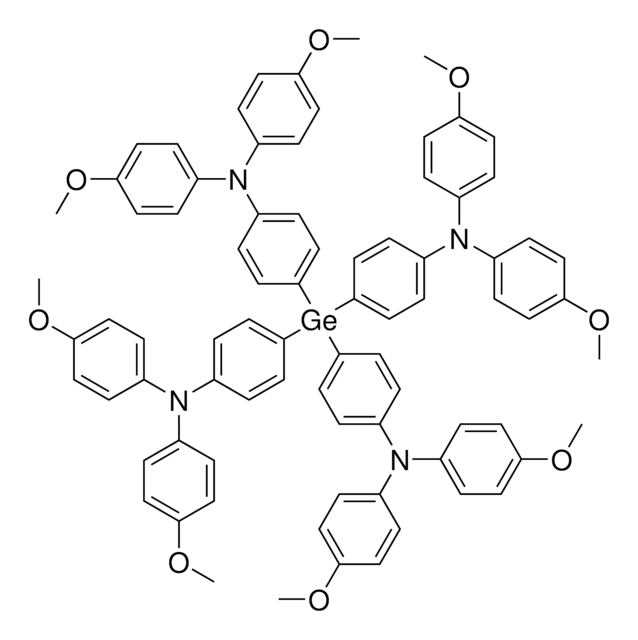
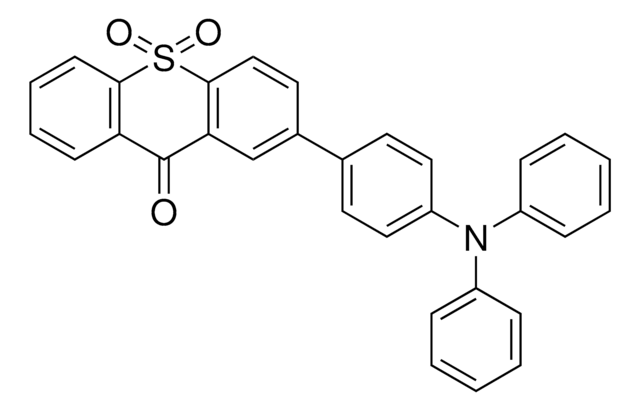
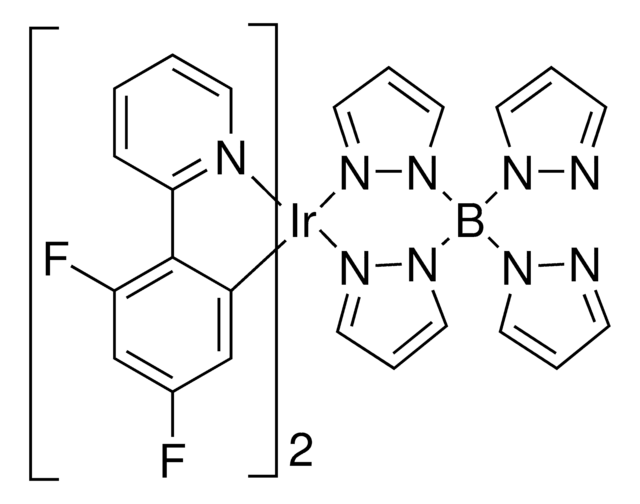
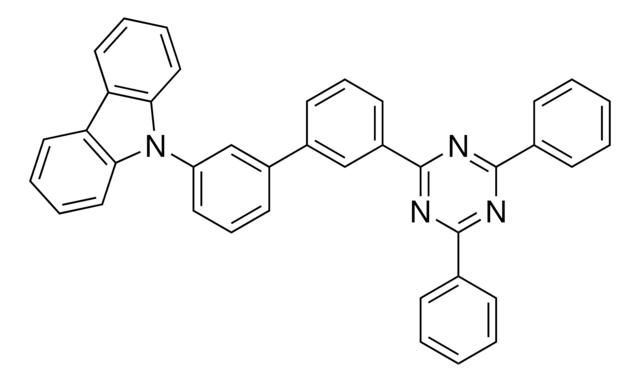
![Tris[2-phenylpyridinato-C2,N]iridium(III) 97%](/deepweb/assets/sigmaaldrich/product/structures/167/234/658d0b76-d31d-4fd5-8041-e04e207227c9/640/658d0b76-d31d-4fd5-8041-e04e207227c9.png)
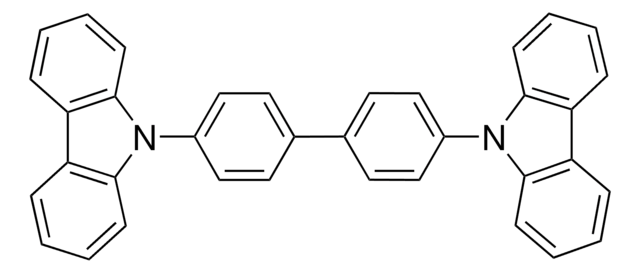
![Di-[4-(N,N-di-p-tolyl-amino)-phenyl]cyclohexane ≥97% (HPLC)](/deepweb/assets/sigmaaldrich/product/structures/111/787/16bde1ce-c76d-46d6-9e1f-9ce09f82d038/640/16bde1ce-c76d-46d6-9e1f-9ce09f82d038.png)
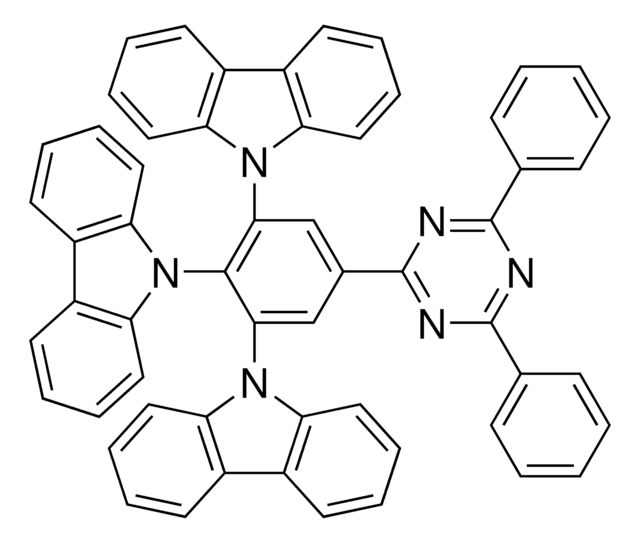
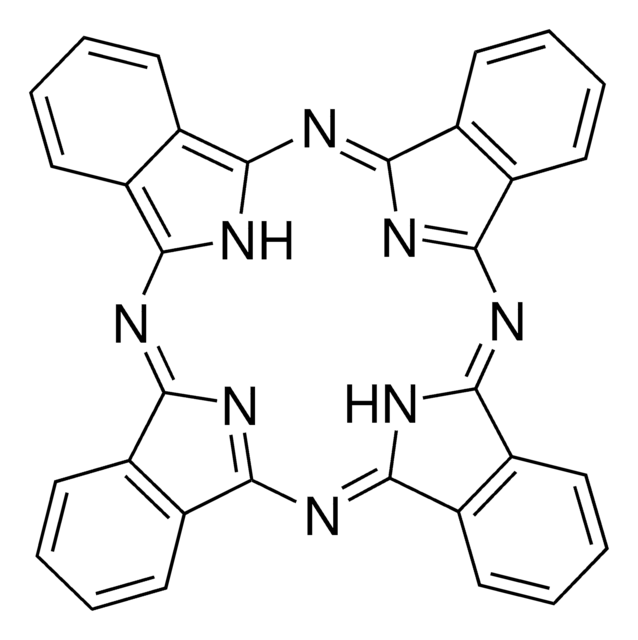
![5H-Pyrido[3,2-b]indole](/deepweb/assets/sigmaaldrich/product/structures/298/461/71e4728f-198c-4105-965b-654071026ab4/640/71e4728f-198c-4105-965b-654071026ab4.png)